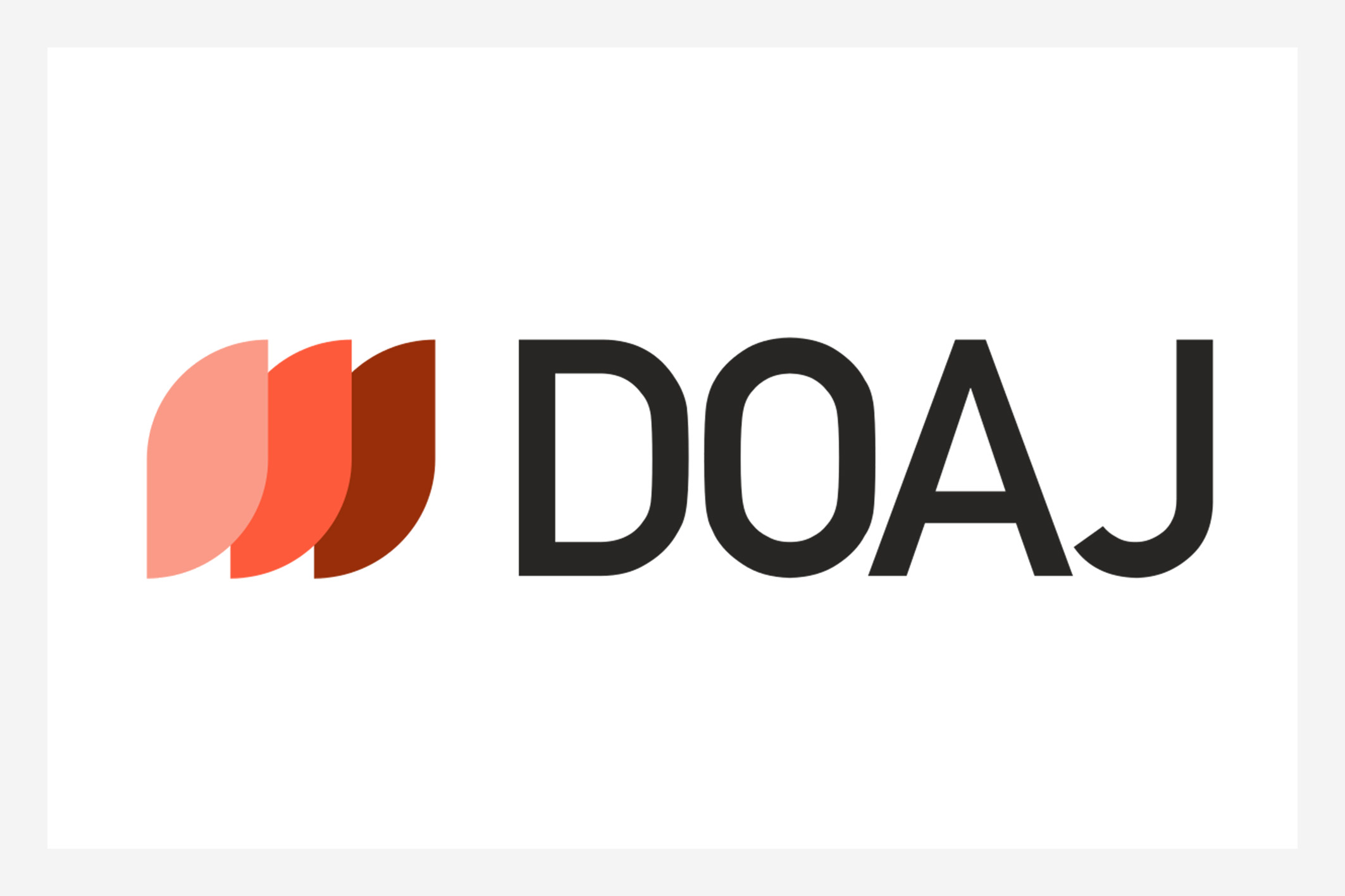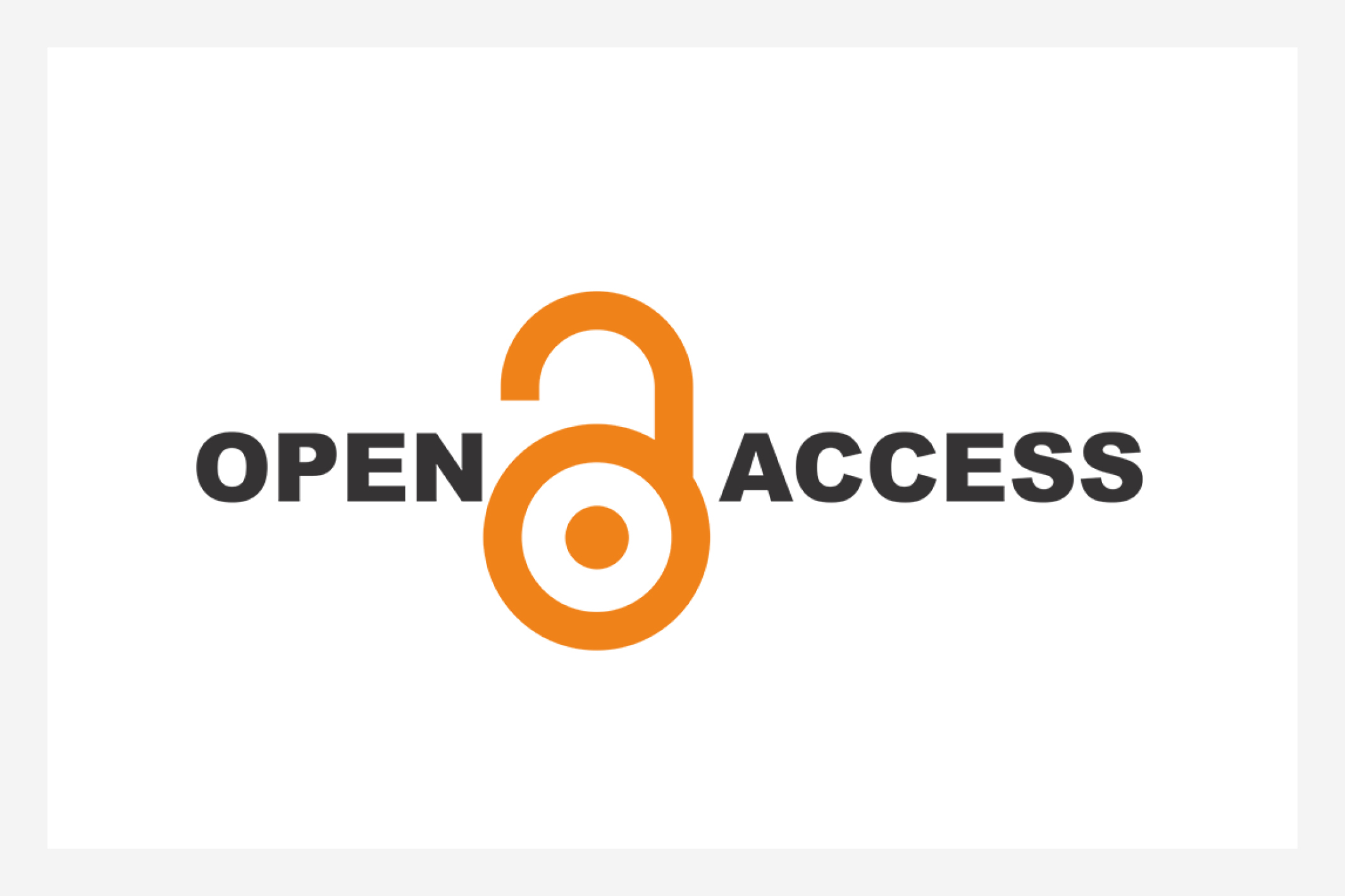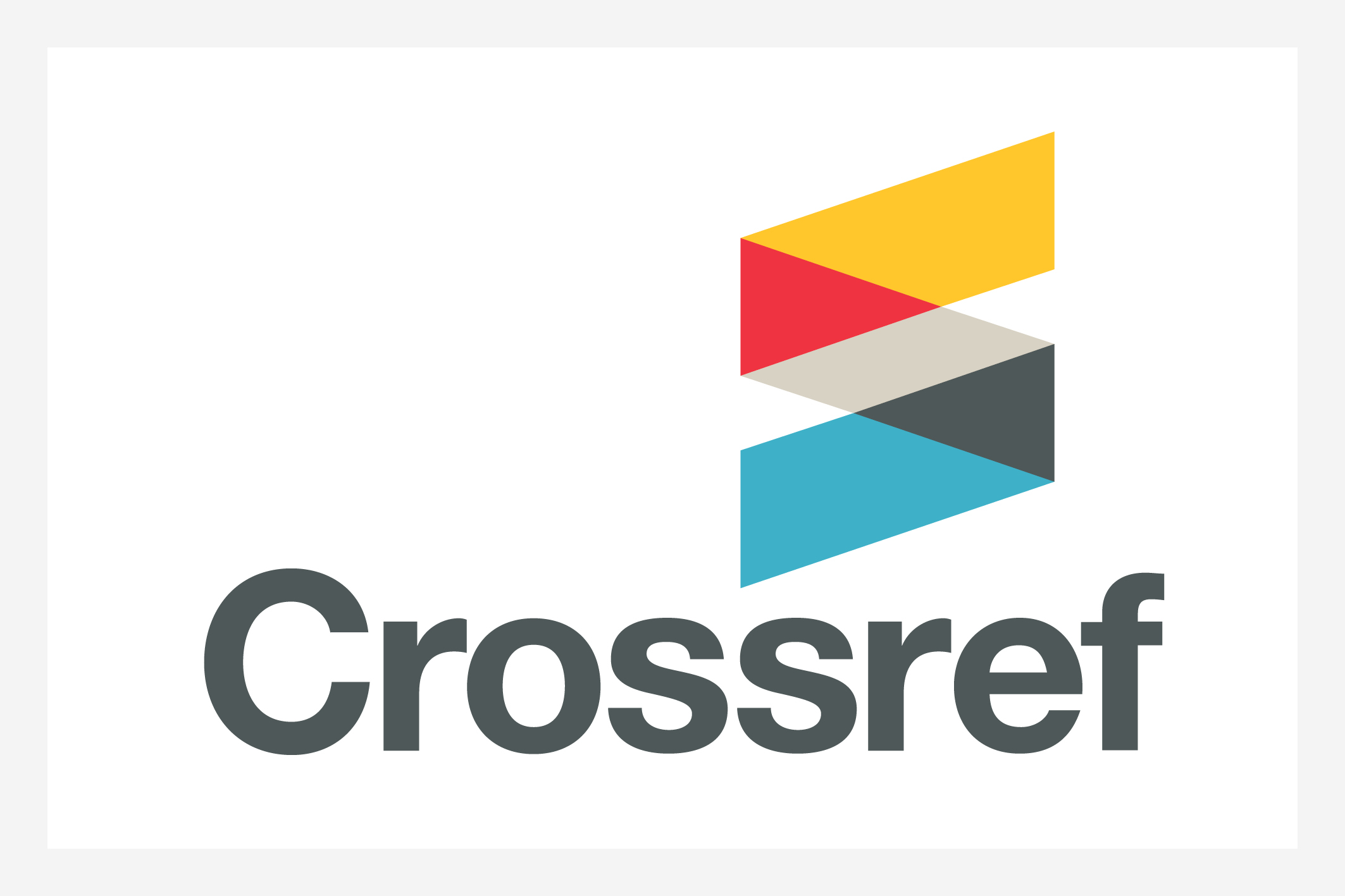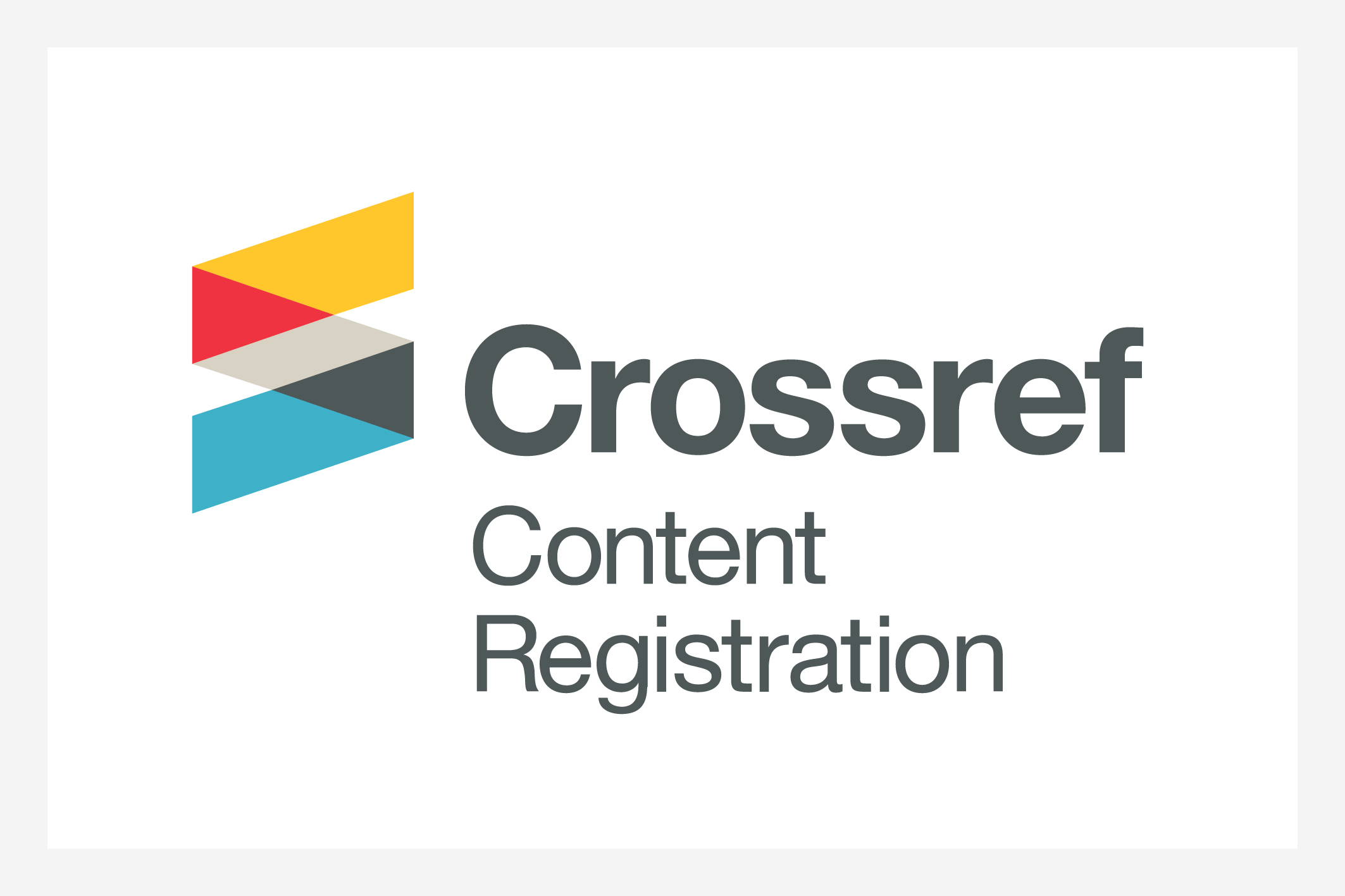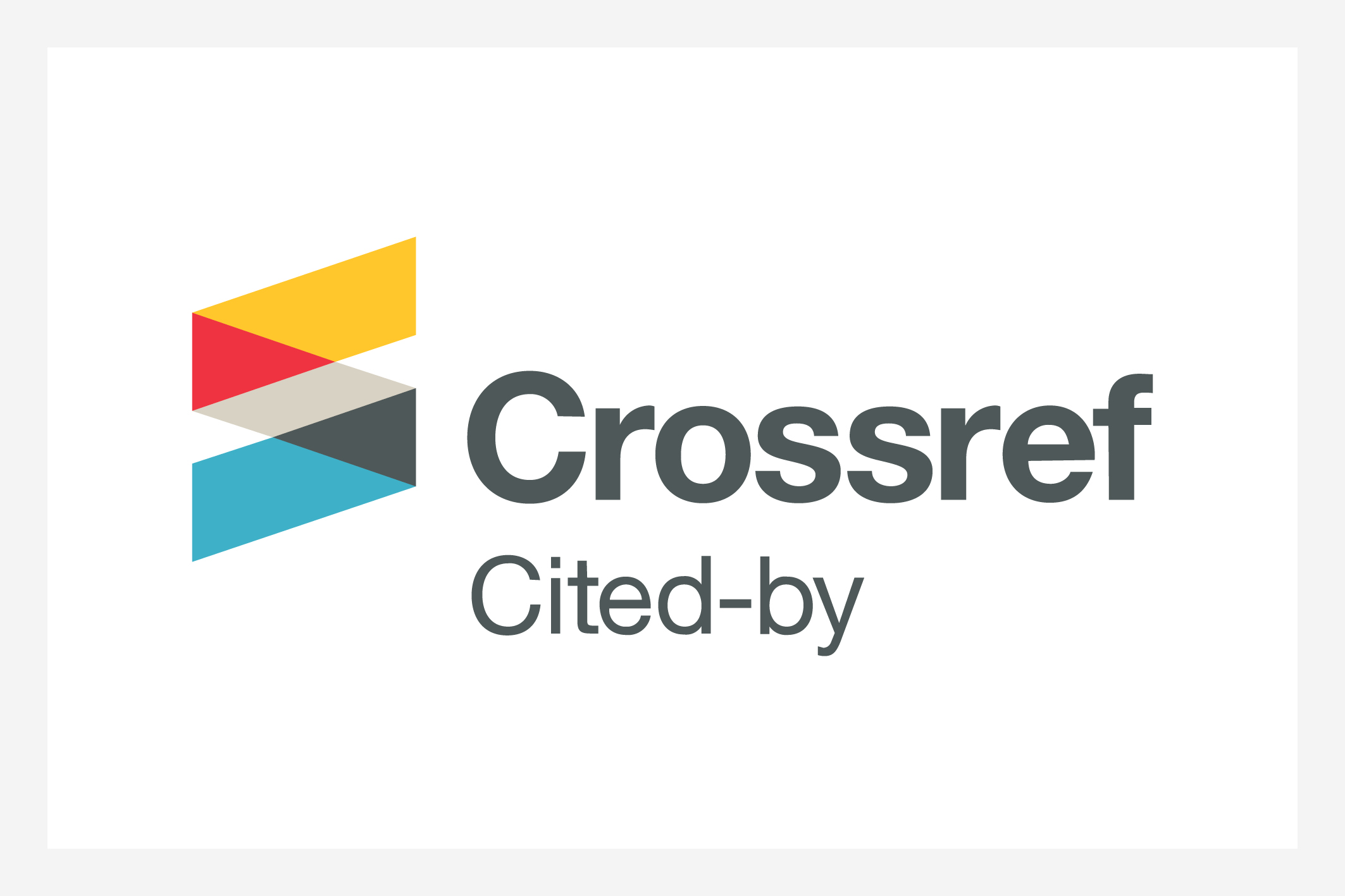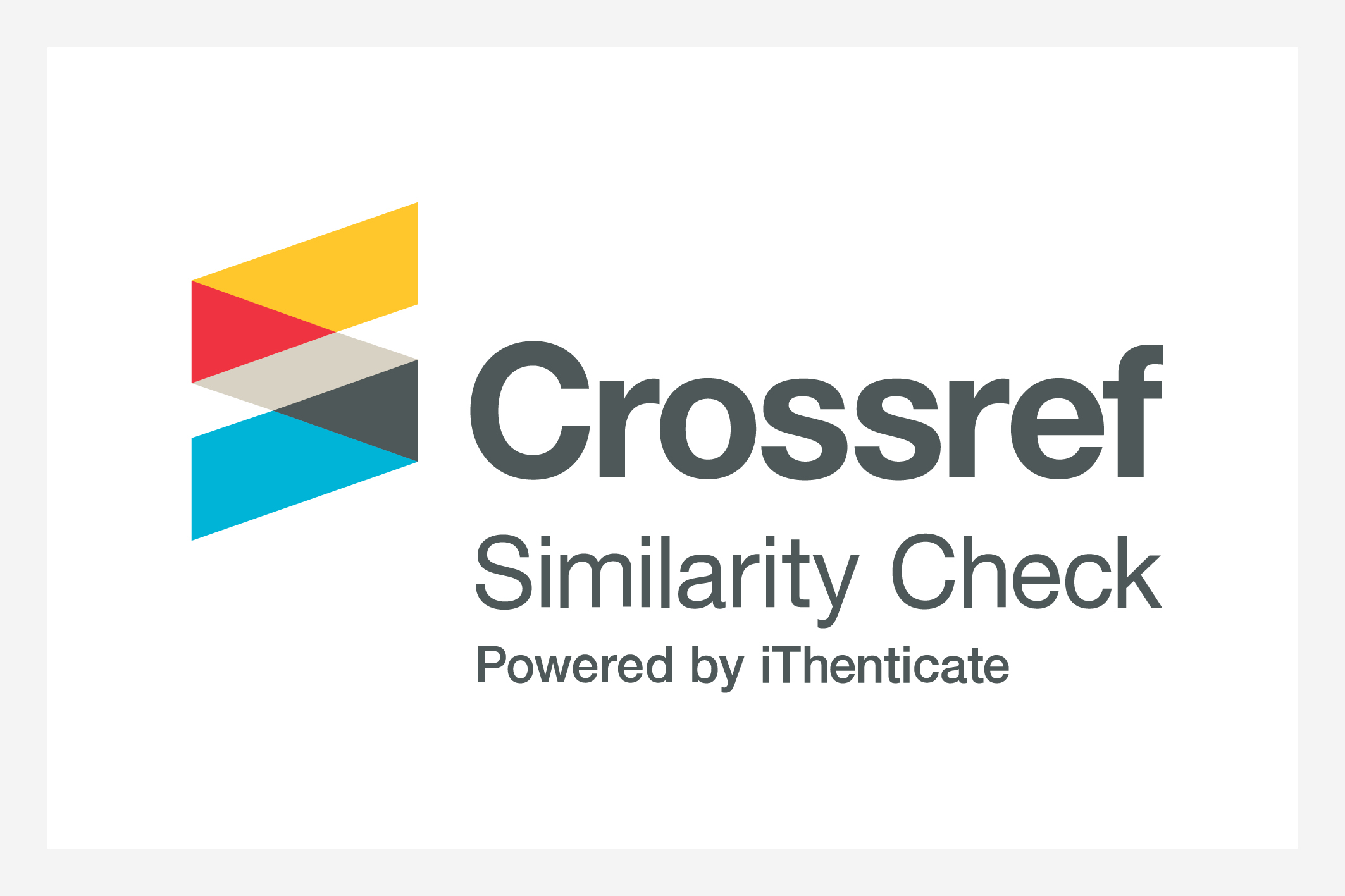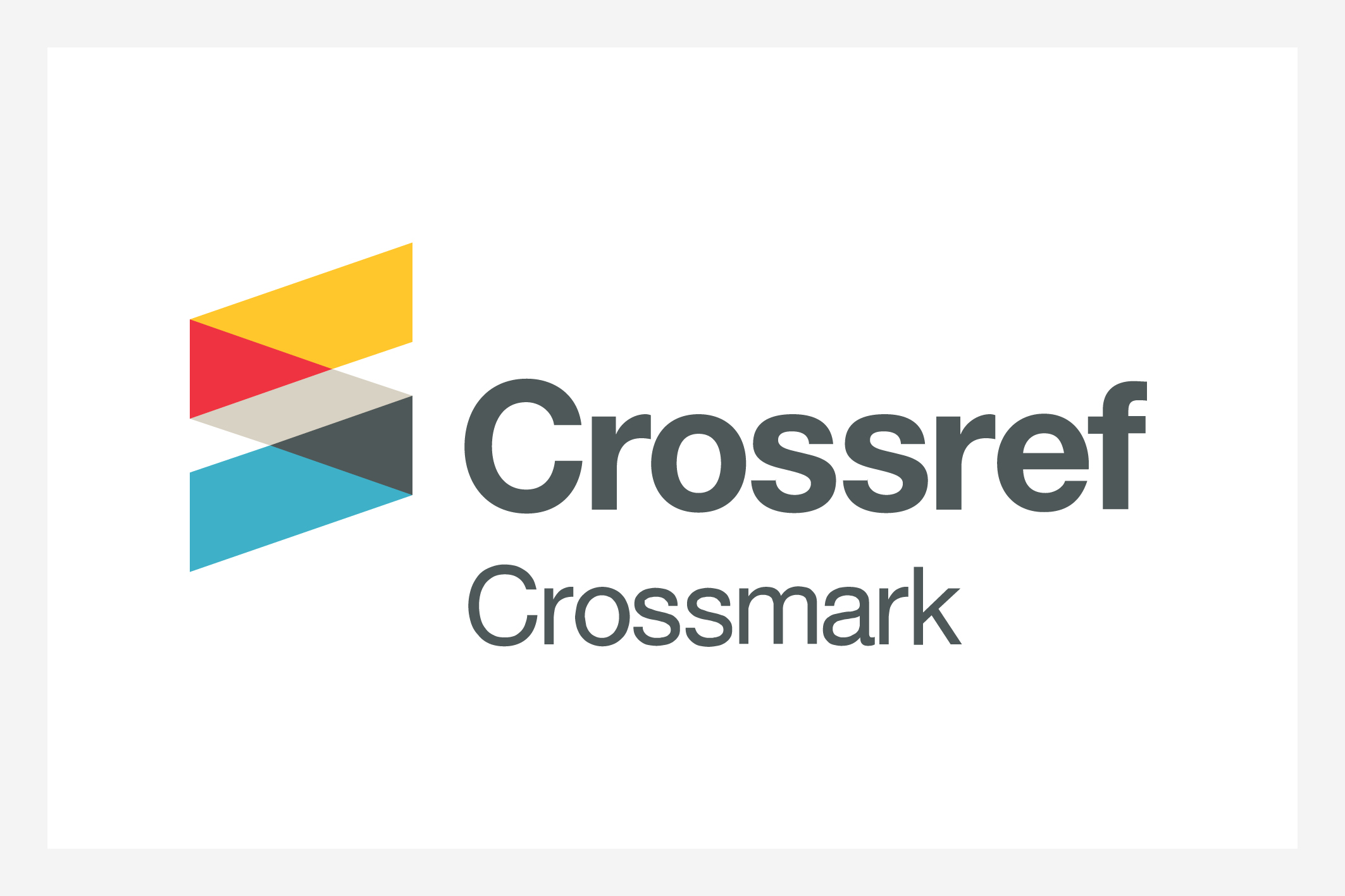
Reconciling Religious Freedom and Educational Rights in South African Schools: A Constitutional and Legal Analysis
Issue: Vol.11 No. 10 2025 Issue Article 1 pp. 505 – 515
DOI : https://doi.org/10.38159/erats.202511101 | Published online 28th October, 2025.
© 2025 The Author(s). This is an open access article under the CCBY license (http://creativecommons.org/licenses/by/4.0/).
The intersection between religious freedom and educational entitlement is still a debated matter in South Africa, notably regarding Muslim pupils who desire to wear headscarves (hijabs) within state schools. The purpose of this study was to examine the legal framework governing these rights. Through a qualitative, desktop-based methodology, this study focused on constitutional provisions, statutory law, and judicial precedents. It argues that to prohibit any religious attire in schools constitutes unfair discrimination and violates both the right to freedom of religion and the right to basic education. Through a detailed analysis of relevant case law, including MEC for Education: Kwazulu-Natal v Pillay and Federation of Governing Bodies for South African Schools (FEDSAS) v MEC for Education, Gauteng, this paper undoubtedly shows that South African law mandates reasonable accommodation for religious practices in schools. The article duly concludes that educational institutions must fully respect cultural and religious diversity whilst upholding learners’ constitutional rights. By dealing with this gap, South Africa can fully respect the rights of everyone as enshrined in the constitution, in particular, the right to religion and education.
Keywords: Religion, education, uniform policies, South African Constitution, South African schools
Cases
Bhe v Magistrate, Khayelitsha 2005 (1) SA 580 (CC)
Christian Education South Africa v Minister of Education 2000 (4) SA 757 (CC).
Federation of Governing Bodies for South African Schools (FEDSAS) v Member of the
Executive Council for Education, Gauteng (CCT 209/15) [2016] ZACC 14; 2016 (4) SA 546
(CC); 2016 (8) BCLR 1050 (CC)
Glenister v President of the Republic of South Africa 2011 (3) SA 347 (CC).
Governing Body of the Juma Musjid Primary School v Essay NO 2011 (8) BCLR 761 (CC).
Government of the Republic of South Africa v Grootboom 2001 (1) SA 46 (CC).
President of the Republic of South Africa v Hugo 1997 (4) SA 1 (CC).
Prince v President of the Law Society 2002 (2) SA 794 (CC).
MEC for Education: Kwazulu-Natal v Pillay (CCT 51/06) [2007] ZACC 21; 2008 (1) SA 474
(CC); 2008 (2) BCLR 99 (CC)
Minister of Health v Treatment Action Campaign 2002 (5) SA 721 (CC).
Yaker v France (2016) CCPR/C/123/D/2747/2016.
Legal Documents
African Charter on the Rights and Welfare of the Child (OAU Doc CAB/LEG/24.9/49, 1990).
African Commission on Human and Peoples’ Rights, Resolution 234 (2013) ACHPR/Res. 234.
African Committee of Experts on the Rights and Welfare of the Child, General Comment No
5 (2018).
Convention on the Rights of the Child (1577 UNTS 3, 1989).
Department of Basic Education, National Policy on Religion and Education (2003).
Department of Education, National Guidelines on School Uniform (2006).
Equality and Prevention of Unfair Discrimination Act 4 of 2000.
Human Rights Council, Universal Periodic Review: South Africa (2017) A/HRC/36/16.
Institute for Human Rights and Development in Africa v Mauritania (2014) AHRLR 93.
International Covenant on Civil and Political Rights (999 UNTS 171, 1966).
International Covenant on Economic, Social and Cultural Rights (993 UNTS 3, 1966).
Oxford Learner’s Dictionaries (online edition) sv
‘education’ https://www.oxfordlearnersdictionaries.com/definition/english/education
Pharmaceutical Manufacturers Association of SA: In re Ex parte President of the RSA 2000
(2) SA 674 (CC).
South African Human Rights Commission, Guidelines on Religious and Cultural Rights in
Public Schools (2018) 12.
South African Human Rights Commission, Report on Equality in Schools (2019) 78.
South African Human Rights Commission, Report on Religious Rights in Schools (2018) 45.
South African Human Rights Commission, Toolkit for Schools (2020) Module 4
Model training materials on inclusive policy development
South African Schools Act 84 of 1996.
The Constitution of the Republic of South Africa, 1996.
UN Committee on Economic, Social and Cultural Rights, Concluding Observations: South
Africa (2019) E/C.12/ZAF/CO/1.
UN Committee on Economic, Social and Cultural Rights, General Comment No 13 (1999)
E/C.12/1999/10.
UN Committee on the Rights of the Child, Concluding Observations: South Africa (2016)
CRC/C/ZAF/CO/2.
UN Human Rights Committee, General Comment No 22 (1993) CCPR/C/21/Rev.1/Add.4.
Woolman S ‘Dancing with Dignity’ (2017) 33 SAJHR 1
Books and Articles
Annan, Kofi. “Secretary-General Stresses Need for Political Will and Resources to Meet Challenge of Fight Against Illiteracy.” UN Meetings Coverage and Press Releases, 1997. https://press.un.org/en/1997/19970904.sgsm6316.html.
Dersso, Solomon A. “The Jurisprudence of the African Commission in Human and People’s Rights with Respect to People’s Rights.” African Human Rights Law Journal 6, no. 2 (2006): 333–57.
Iles, K. “Participatory School Governance.” SALJ 135 (2018): 425–28.
Joubert, Rika, and Sakkie Prinsloo. The Law of Education in South Africa. Pretoria: Van Schaik Publishers, 2019.
Kruuse, H. “Reasonable Accommodation in Schools.” THRHR 82 (2019).
Moosa, N. “When Schools Exclude.” SAJHR 31 (2015): 435–38.
Moosa, N. “Inclusive School Governance.” SALJ 136 (2019): 352–55.
Roux, T. “Transformative Constitutionalism and Education.” SAJHR 34 (2018): 142–45.
South African Human Rights Commission. Guidelines on Religious and Cultural Rights in Public Schools , 2018.
Quran 96:1-5 (Sahih International translation).
The Bible, Proverbs 1:7 (New International Version)
Tshilidzi Knowles Khangala is a lecturer at the Tshwane University of Technology and admitted Advocate of the High Court of South Africa. He has more than 15 years of lecturing at different Institutions of Higher Learning. He was a Deputy Director in Gauteng Department of Education for 6 years. He has an LLB and LLM (University of Venda), Postgraduate Diploma in Public Administration (UNISA). He is an LLD candidate (University of Western Cape). He presented at both national and international conferences. He has published more than 10 papers and 6 book chapters.
Katlego Arnold Mashego is a lecturer at the Tshwane University of Technology with a number of years lecturing at different Institutions of Higher Learning. He is also the Manager of the TUT Community Advice Centre, an Advice Centre were the poor and vulnerable members of the communities are provided with free legal assistance. In terms of qualifications, he has National Diploma in Legal Assistance (TUT), Certificate in International Business Management (Osnabrück University of Applied Sciences, Germany), Bachelor of Laws (LLB) (Unisa), B Tech: Business Administration (TUT), Master of Laws (LLM) (UWC) and he is currently a Doctor of Laws (LLD) (UWC) candidate. He presented at both national and international conferences. He has published a number of articles and book chapters.
Khangala, Tshilidzi Knowles, and Katlego Arnold Mashego. “Reconciling Religious Freedom and Educational Rights in South African Schools: A Constitutional and Legal Analysis.” E-Journal of Religious and Theological Studies 11, no.10 (2025): 505 – 515. https://doi.org/10.38159/erats.202511101.
© 2025 The Author(s). Published and Maintained by Noyam Journals. This is an open access article under the CCBY license (http://creativecommons.org/licenses/by/4.0/).
Featured
Others


